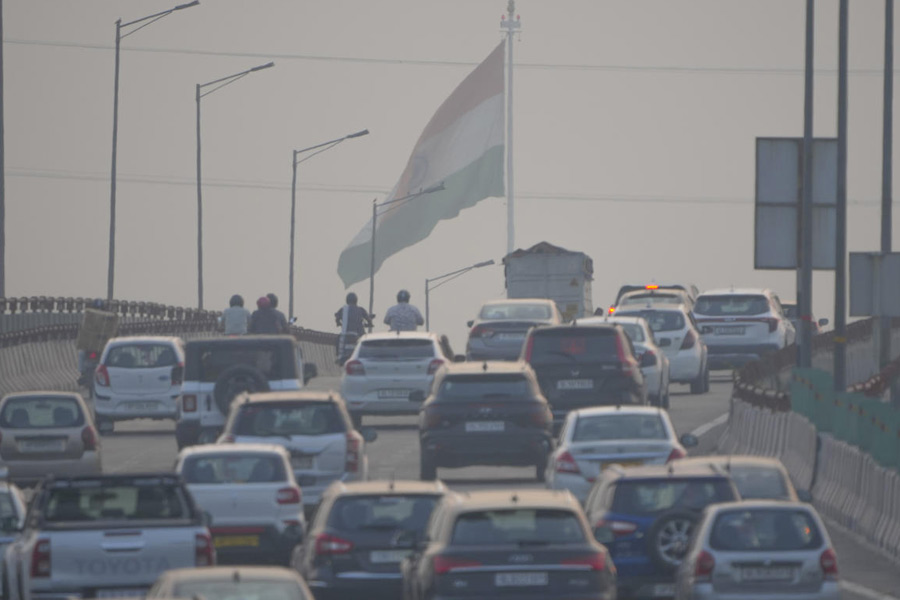The Supreme Court on Thursday agreed to take up on December 3 a petition regarding the worsening air quality in the Delhi–National Capital Region, stressing that the matter requires continuous oversight.
A bench of Chief Justice Surya Kant and Justice Joymalya Bagchi noted concerns raised by senior advocate Aparajita Singh, who serves as amicus curiae in the air pollution case, after she warned that there is an “alarming situation in Delhi-NCR and it is a health emergency”.
Chief Justice Kant remarked on the limits of judicial intervention in tackling pollution, saying, “What magic wand can a judicial forum exercise? I know this is hazardous for Delhi-NCR. We all know the problem. The issue is what is the solution. We need to identify reasons and … the solutions can be given by the domain experts only. We hope and expect that long term solutions are found.”
He further asked what meaningful directions the court could issue, stating, “Tell me what can we direct? We issue some directions and get to breathe clean air immediately ... .Then we have to see what the solutions can be in each region. Let us see what the government has constituted in terms of committee. This matter is also listed ceremonial way during the Diwali season and …let us have regular monitoring.”
Earlier, on November 19, the court had asked the Commission for Air Quality Management (CAQM) to consider advising schools across Delhi-NCR to postpone open-air sports activities scheduled for November–December to “safer months”, given the severe pollution levels.
The bench had also refused to impose year-round curbs under the Graded Response Action Plan (GRAP) — the emergency mechanism for restricting polluting activities during severe air conditions — and instead underlined the importance of developing sustainable, long-term strategies.










